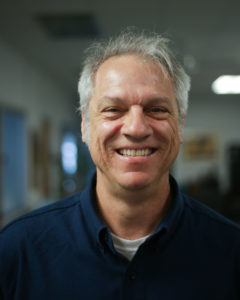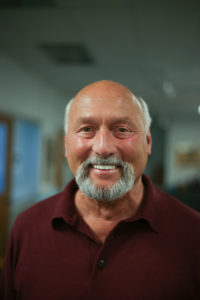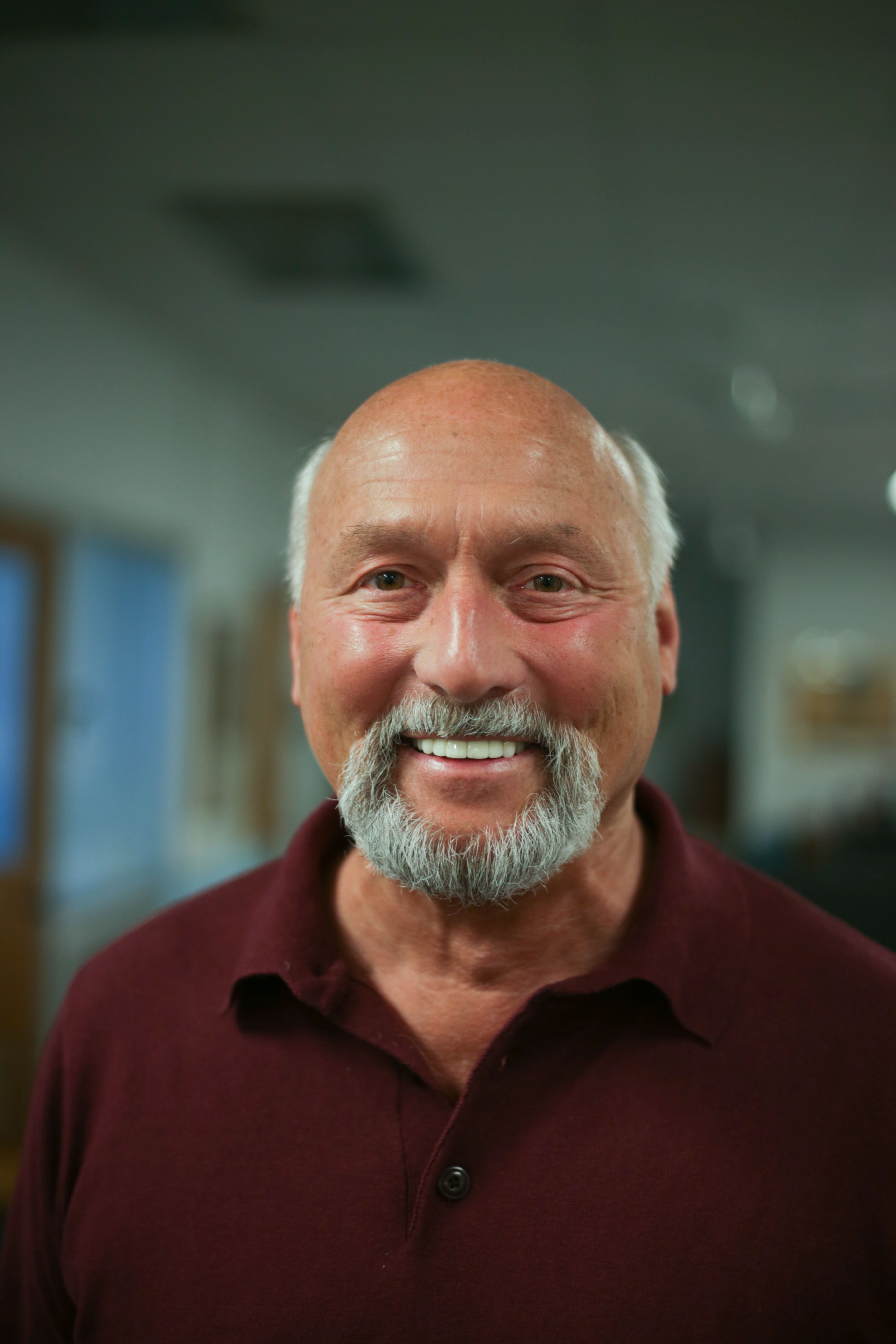By Elizabeth Trudel, Staff Writer
Starting in the Fall of 2018, USM’s Communication and Media Studies (CMS) department will be launching new and improved course curriculums. Students and faculty will experience the full effect of these major changes that the department has been undergoing and working toward for the past three years, in response to student demand for more vigorous and career concentrated programs.
Associate Professor of Communication, Daniel Panici, stated “The need to change our syllabus derived from our faculty listening to the desires and the concerns of our students and taking action.” He expressed that the CMS faculty are extremely hard-working and dedicated to student success, especially when it comes to advising. He believes that this is what makes the department strong.

Panici explains that the new changes to the communication degree give students more flexibility to focus in on different areas that they are passionate about. The new curriculum is designed with more elective credit hours to explore different areas of interest in communication.
Chair of the CMS department, Russell Kivatisky, explains that the media studies degree will increase from 36 credit hours to 42 credit hours. He states that students will now be able to pick a specific concentration of their media degree, including writing, production and media ecology. He explains that these changes allow students the opportunity to dive into the media studies discipline, while offering more flexibility to navigate through their major.

Kivatisky believes that the newly-designed degree programs are very innovative and competitive in comparison to other media study curriculums around the country. This is due to the fact that students study law and history while engaging in hands-on education and choosing a specific area of study which they are passionate about.
Kivatisky and Panici explain that in both the communication and media studies programs students may now use internship credits toward degree requirements. This change was made in response to students expressing positive feedback about their real-world experience while working as an intern. Panici states that the department has also reconfigured their senior capstones as well as their senior projects. Additionally, Kivatisky expresses the departments excitement to welcome professor Christian Vukasovich in the fall of 2018 to help strengthen the strategic and public relation area of the department.
Kivatisky explains that he was hired in 1974 to begin teaching communication courses and to develop a major while Kathryn Lasky was hired to teach film and production courses. In 1995, Panici was hired to co-found a media program with Lasky. In 2005, the media study and communication programs were asked to merge. Russell states that the two programs have since then seen themselves as one faculty.
Flash forward to 2018, the department has re-looked their syllabi to strengthen both degree programs. Panici explains that this is to achieve better learning outcomes among students by incorporating more skill-based courses. “We want to make sure that both degrees will teach practical skills for professional careers,” states Panici.
In terms of the department’s future goals Kivatisky states, “We want to build a supportive and close-knit community. We plan to achieve this by holding events to get our students engaged. In the past we have held barbecues. These casual events are so important because they allow students and faculty the opportunity to bond and get to know each other. So much life advice can occur at those moments that are not able to occur at formal advising appointments.”

